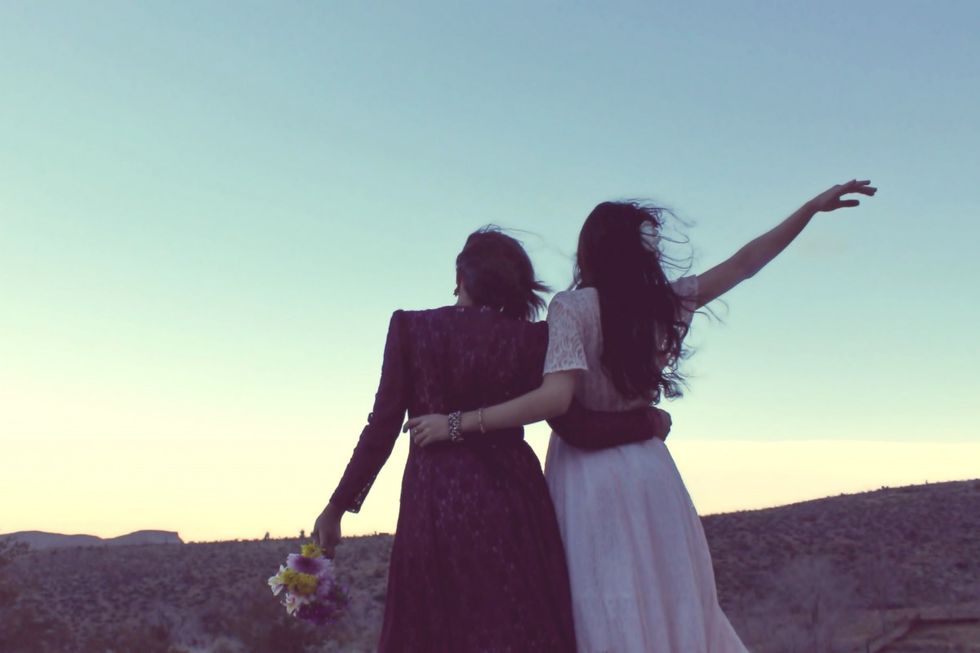After five years, the Supreme Court’s “wedding cake” case finished its last hearing on December 5th.
A case like this has been on the docket -- and on the public mind -- since long before Phillips turned a gay couple away from his bakery. It’s one inevitable head of a conflict that’s been long-burgeoning within the nation: where is the line between religion and discrimination?
For those unfamiliar, the case began when a gay couple walked into a bakery, seeking a wedding cake. Once they made their sexual orientation clear, they were immediately denied service on the grounds that making a cake for a same-sex marriage would violate the baker’s religious principles. The couple filed a complaint to the Colorado Civil Rights Commission, which ruled that the baker’s religious beliefs did not exempt him from Colorado’s anti-discrimination laws. A few appeals later, the case found itself on the step of the Supreme Court. So far, the justices have been heavily split, with Justice Kennedy’s famous swing vote expected to be the deciding factor.
In a society seemingly torn between revitalizing the Civil War and getting a jump on World War III, the case might at first appear relatively innocuous -- a handful of bakers might gain the right to turn down people who probably wouldn’t want to give them their business anyway. But the issue runs much deeper. Tacking asterisks onto any anti-discrimination law, for any reason, has serious implications. It’s like Animal Farm’s infamous sign brought to life: “All animals are equal, but some animals are more equal than others.” A ruling in the baker’s favor would effectively tell gay men and lesbians that, sure, their marriage is valid, but only when the people around them allow it to be.
At this point, it’s almost impossible not to draw some historical parallels (in fact, Trump’s Solicitor General even confirmed that a win for the baker could make hanging “we serve heterosexuals only” signs in business windows perfectly legal). Fortunately, the same Solicitor General was quick to assure the public that no matter the outcome of the case, no baker would be able to reject a couple based on race. Glad as I am that all of the lawyers involved are eager not to open a Pandora’s box of discriminatory loopholes, such a statement begs the question: why are same-sex marriages secondary to interracial marriages? Why is an action abusive to interracial couples justifiable when applied to gay couples?
Religion, for all the personal and communal good it can do, isn’t at its best when it’s used to reinvigorate to painful parts of our history. As fundamental as its freedom and tolerance are to democracy, it can’t be allowed to dictate others’ worth, even as consumers. At the core of the concept of religious freedom is the notion of universal equality -- across ideals, beliefs, and lifestyles -- and that begins with laying an even groundwork for everyone, without exception.
















